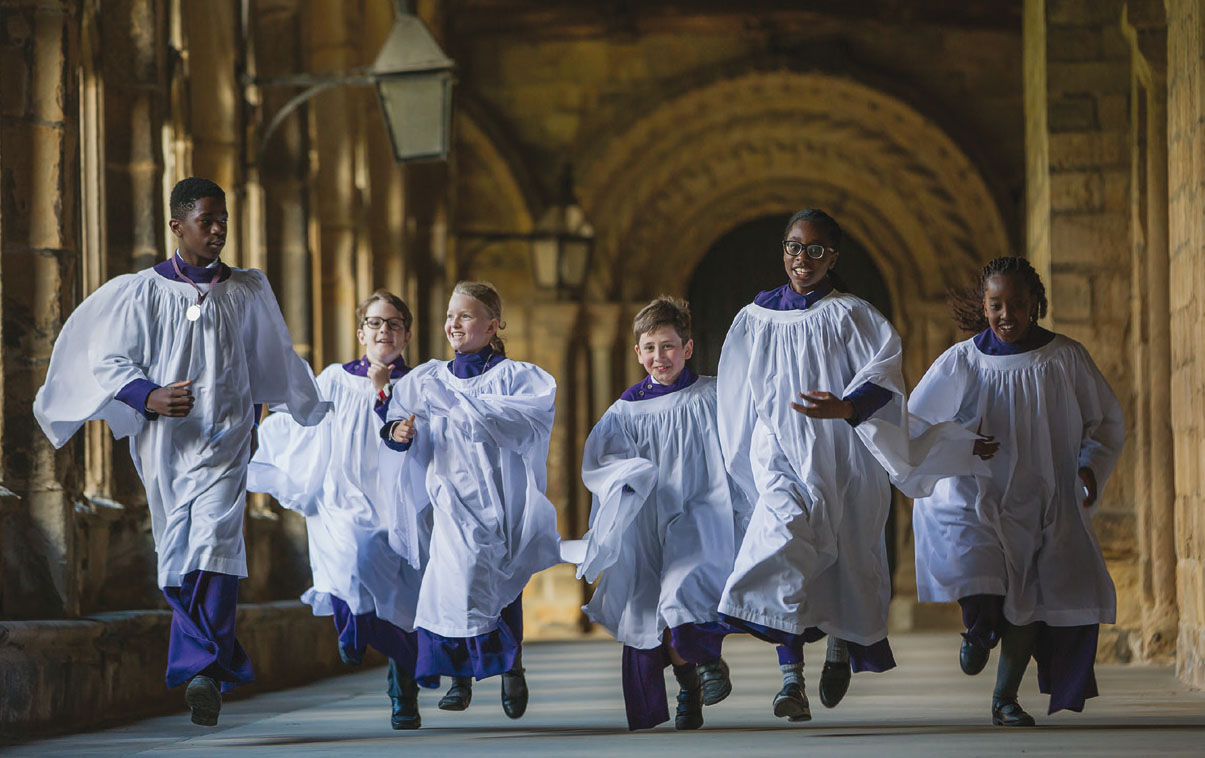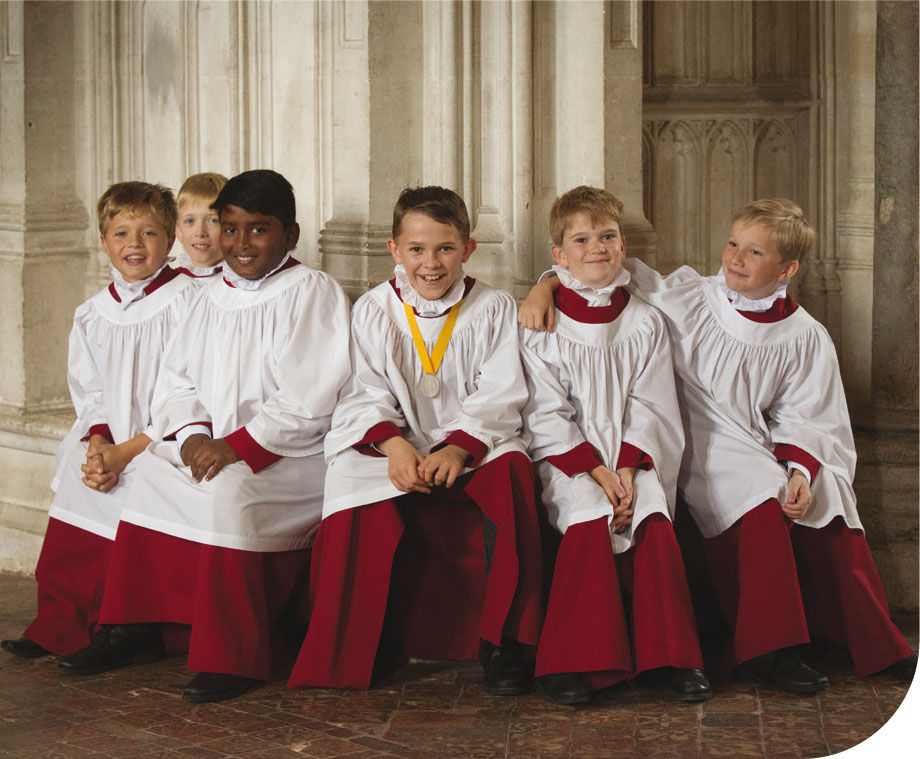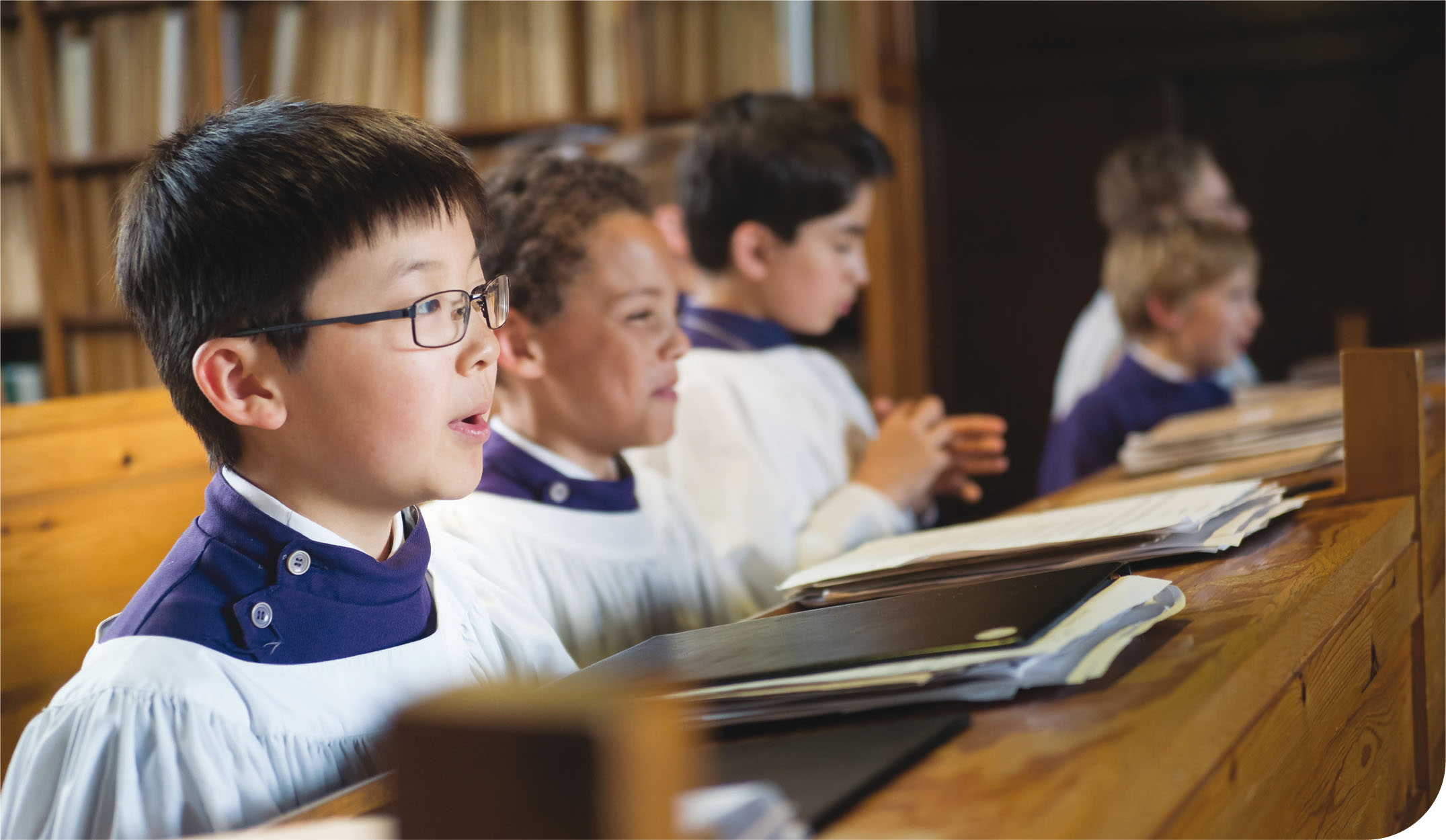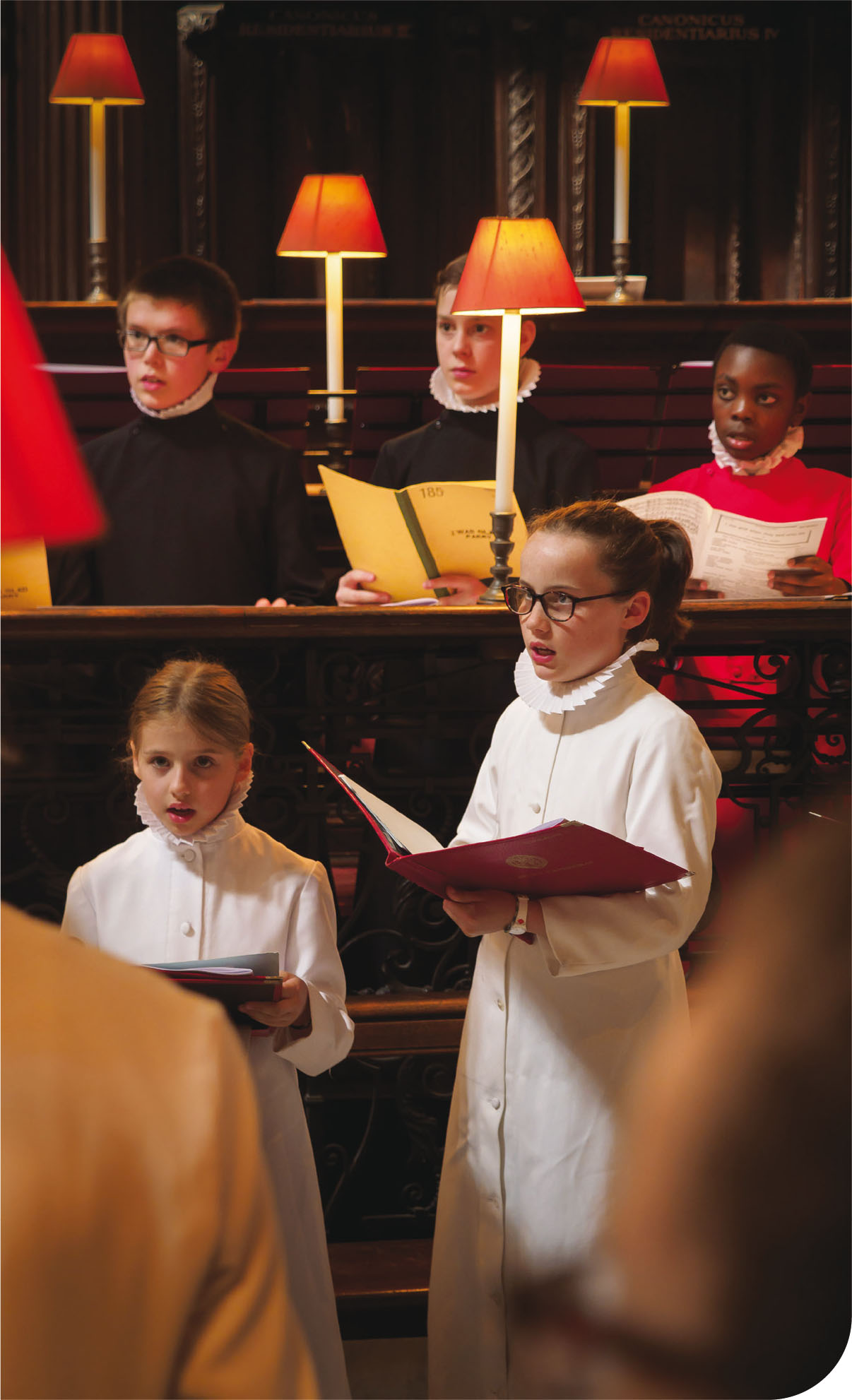
The last time I conducted Evensong was on Friday the thirteenth of March, the final service of the Lent term,’ reflects Andrew Nethsingha, director of music at the choir of St John's College, Cambridge. ‘We sang Murrill in E and Fauré's Cantique de Jean Racine. That was a week before the schools shut. We were supposed to be going on tour to the US on 21 March, but of course that didn't happen.’
Since then, a whole Summer term's worth of services at St John's has been wiped out by the Covid-19 pandemic, as has the recording of a new disc. And, having missed out on the traditional farewells, final-year choristers – plus, of course, the undergraduate choral scholars in the back rows – have now had to accept that said Murrill and Fauré were the last music they ever sang as part of the choir. It's a sad state of affairs. ‘However,’ reflects Nethsingha, ‘others have had it much worse than us.’
He's not wrong. With the healthy finances of one of Cambridge's richest colleges behind him, Nethsingha knows that he will at least have a choir to conduct when communal singing is permitted again. Elsewhere, the situation looks considerably more fragile. For instance, as reported in the July/August issue of MT (September, Vol 99, No 7), The Minster School York has recently announced that it is to close as the Minster is no longer able to support it financially.

Durham choristers (Image: Durham Cathedral)
Few would be surprised if this was just the first of several such announcements – either of a severe cutback in choral provision or complete closure – as, across the country, cathedral and abbey deans take an increasingly despondent look at their balance sheets. The lack of paying visitors to the UK's religious buildings in recent month has proved very bad news – the Church of England's 42 English cathedrals are predicted to lose around £28m in total this year, £15m next year – in many instances this shortfall will have a major impact on music.

Choristers in Winchester Cathedral (Image: Jim Pascoe)
‘The funding situation is complex,’ says Neil Chippington, chair of the Choir Schools Association (CSA). ‘On the one hand you have situations such as that at York Minster, and on the other those who are surviving because they have endowments, and then everything else in between. I get the general feeling from our members, however, we'll only get a clearer picture of the financial impact on choirs in about six to twelve months. There are plenty of challenges being brought by the pandemic on top of pressures that were already there before.’

Rehearsing in the Song Room, Durham Cathedral (Image: Ash Mills)
Financial assistance is being provided in the short term by the £1m raised by the Cathedral Choirs Emergency Fund, plus a matching sum from the church commissioners, who control the Church of England's funds. This money will, among other things, guarantee the pay of the adult lay clerks singing in the back rows of England's cathedral choirs up until the end of 2020. By that stage, though a vaccine may still be some way off, research-in-progress may (or may not) help to show that singing does not bring as great a risk of spreading the Covid-19 virus as previously feared, and rules can be relaxed a little.
In the meantime, the recent decision of Sheffield Cathedral to scrap its choir completely and rebuild its musical life from nothing has sent a chill down the collective spines of choral leaders, choir schools and choristers alike. Though this decision was apparently unrelated to the coronavirus crisis and is instead (ostensibly, at least) aimed at broadening the cathedral's accessibility within its locale, there are fears that Sheffield's lead may encourage cash-strapped others to do the same. ‘But if you are going to change the way in which a choir exists, it seems rather strange to get rid of what you've already got,’ reflects Chippington. ‘It's surely much better to gradually change in a more evolutionary way. Starting from scratch is so much harder.’
Leaving aside future unknowns, one of the practical current challenges facing all directors of music has been how to keep some sort of momentum going while social distancing restrictions are in place. Every choir is, by nature, a continual work in progress, as choristers develop over the years before moving on to pastures new and being replaced by the next generation, and any break in that chain of development can have repercussions down the line.
‘For the boys in, say, the top three years, it's much easier to keep the continuity up with them as they know what they're doing,’ says Nethsingha, ‘but for the younger ones this lost time is more detrimental – those in their first year have, after all, lost a third of their time here. I think that it could be in two or three years’ time that the effect of this period might show. It's my job to ensure that it doesn't. Since mid-March, I have seen the boys individually over Zoom at first and then, when certain children were allowed to come into school, we've managed to do a little bit of singing in groups of two or three in a large room.’
Above all, reckons Chippington, it's that sense of togetherness that comes with being part of a choir that has helped those involved with them get through the current situation: ‘What has been wonderful has been the way that so many choral leaders have found creative ways of keeping everyone together. That sense of community is a real priority – just being there for their singers, whether on Zoom or by other means, has been so important to them. But it is, of course, simply not the same as singing together in a cathedral or chapel.’

Heavenly voices: preparing for a CSA centenary service in St Paul's Cathedral (Image: Ash Mills)
Choristers from all over the country joined Aled Jones and Elizabeth Watts to record a new version of Sing Forever by Robert Prizeman. Speaking about the appeal, Friends of Cathedral Music chairman Peter Allwood said: ‘This song sums up perfectly how choristers and choir directors feel at the moment. They face huge uncertainly as to when choirs will be heard again in our great cathedrals. Without sung services, and without tourism, cathedrals will struggle to rebuild their income, and no longer be able to sustain the same level of musical excellence. We hope that the emergency appeal will be able to help in this time of need. We are hugely grateful to the team at Norwich Cathedral for steering this project and to all the young choristers who have taken part.’
The Sing Forever video can be found at www.justgiving.com/fundraising/Cathedral-Choirs-Sing-Forever








